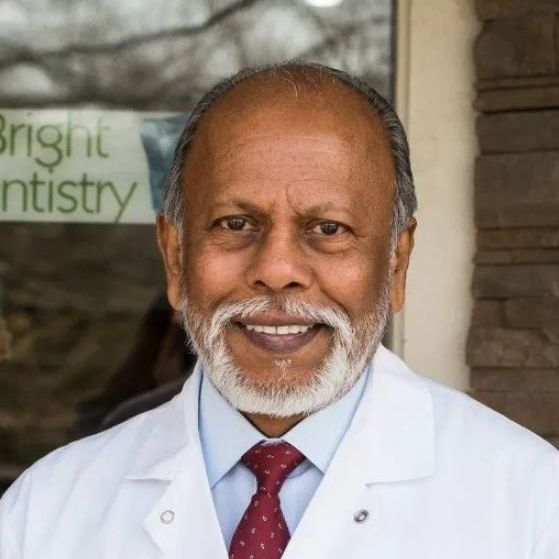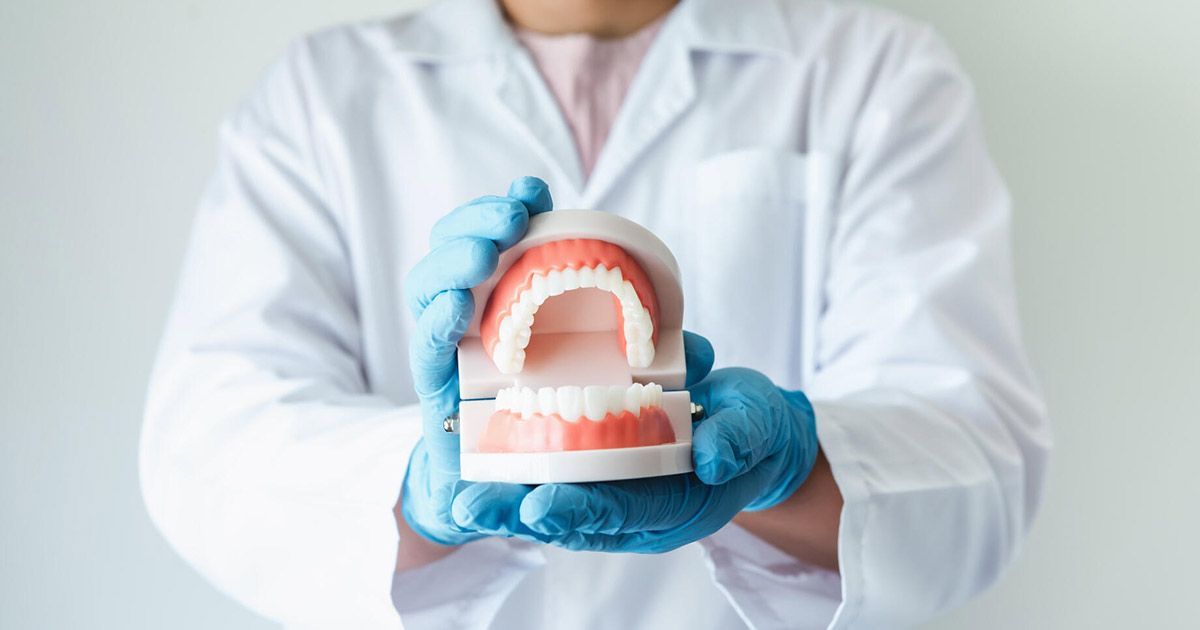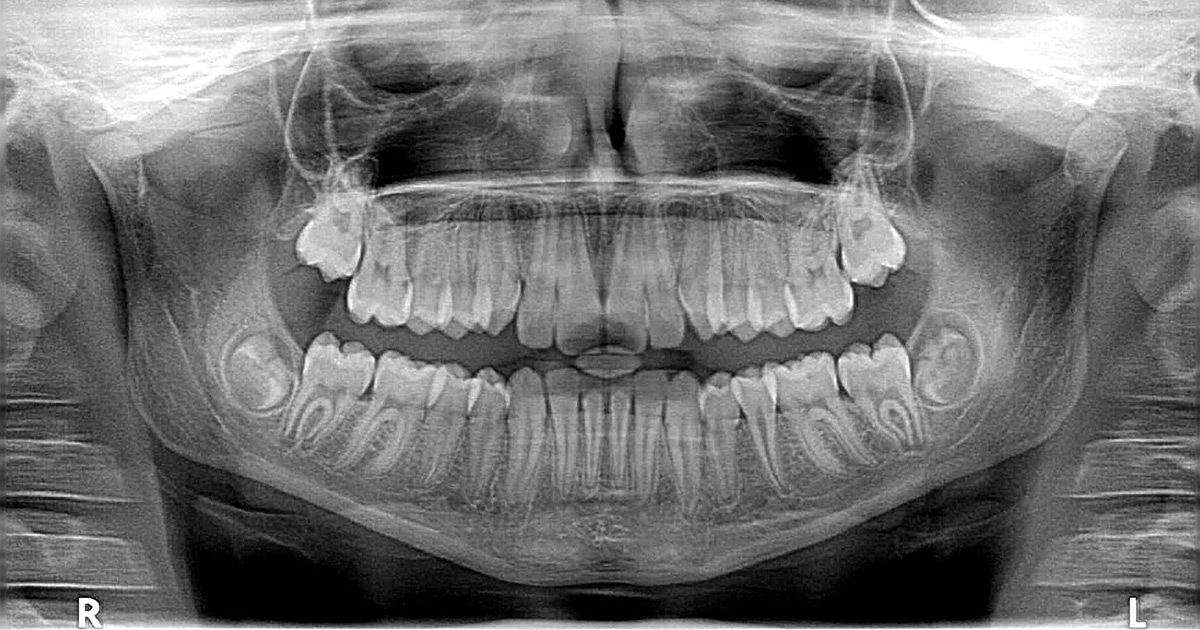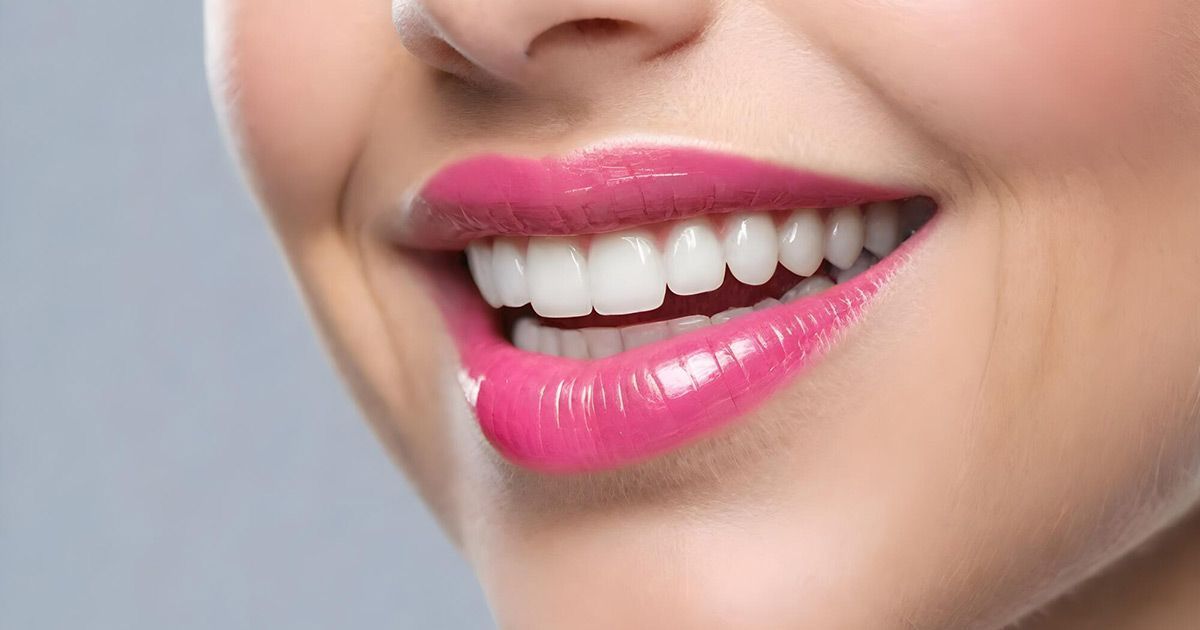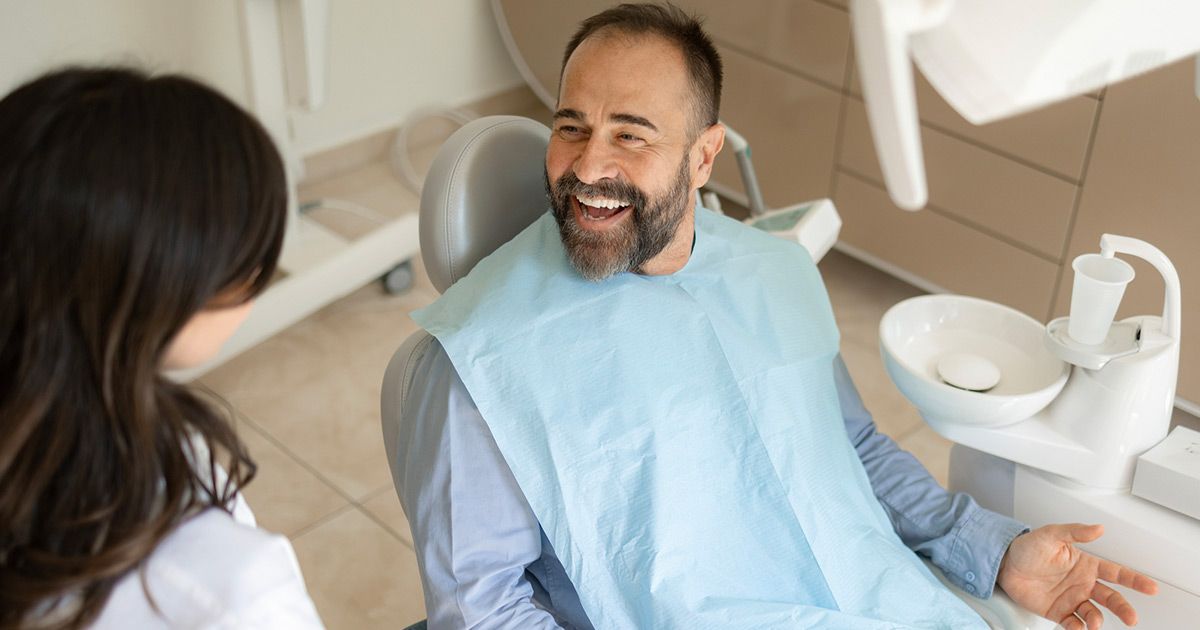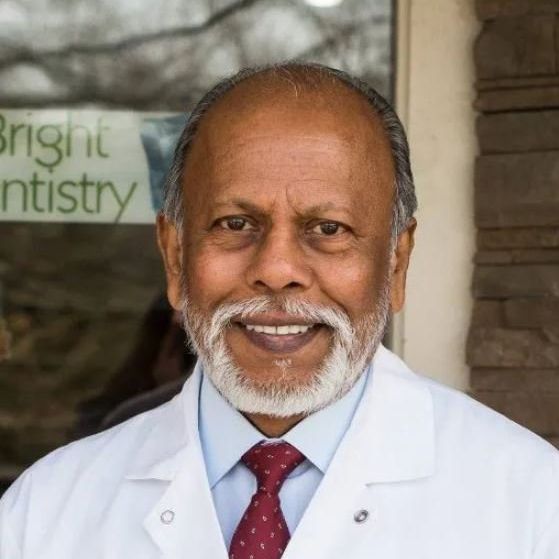Exploring Different Types of Dental Crowns: Which to Choose?
Learn about the different types of dental crowns, their benefits, and how to choose the right option to restore your smile and oral health.

Whether you have a cracked tooth or need to protect a fragile tooth, the right crown can make all the difference. However, with multiple options available, the decision can feel overwhelming.
By understanding the types of dental crowns and their benefits, you can confidently choose the best option for your dental needs. This will ensure long-term durability and a natural look.
What Are Dental Crowns?
Dental crowns, often called "caps," are custom-made restorations designed to cover the whole visible portion of a tooth. Dentists will recommend crowns for different reasons, including:
- Protecting a tooth weakened by decay or a large filling
- Restoring a broken or cracked tooth
- Covering a dental implant
- Improving the appearance of discolored or uneven teeth
- Protecting teeth after a root canal procedure
- Supporting a bridge by covering the abutment teeth
Types of Dental Crowns
Each type of dental crown has unique features, benefits, and considerations. Here's a closer look at the most common types.
Metal Dental Crowns
A dentist or dental lab technician makes metal crowns from alloys like gold, platinum, or base metals such as nickel and chromium. These crowns are known for their durability and resistance to wear. Their benefits include:
- Being extremely strong and long-lasting
- Being ideal for molars due to their ability to withstand chewing forces
- Requiring less removal of natural tooth structure
However, their metallic appearance makes them less suitable for visible teeth.
Porcelain Fused Crowns
Porcelain-fused-to-metal crowns offer a strong metal base with a porcelain coating that mimics the look of natural teeth. This combination enhances both durability and aesthetics. Consider the following benefits of these crowns:
- They blend well with surrounding teeth
- They are strong and reliable, and dentists use them for front and back teeth
Over time, the metal layer may become visible at the gumline, and they may be less durable than all-metal or zirconia crowns.
Ceramic Dental Crowns
Ceramic crowns are made entirely of porcelain or other ceramic materials, making them popular for restoring front teeth. Their benefits include the following;
- They offer a highly natural appearance
- They are metal-free, making them ideal for patients with metal allergies
- They are resistant to staining
However, they are less durable than metal crowns, especially for molars, and may chip or crack under heavy pressure.
Zirconia Dental Crowns
Zirconia dental crowns are crafted from zirconium dioxide, a highly durable ceramic material. They are gaining popularity due to their:
- Extreme durability and resistance to wear
- Ability to blend seamlessly with natural teeth
- Biocompatibility, which reduces the risk of allergic reactions
Consider that these crowns can be more expensive than other options and may feel rougher due to the material properties.
Temporary Dental Crowns
Dentists use temporary crowns as a short-term solution while fabricating a permanent crown. They are typically made of acrylic or resin and are used to:
- Protect the prepared tooth
- Allow patients to have normal function and appearance during the waiting period
As they are designed for short-term use only, they are not as durable as permanent crowns.
How to Choose the Right Dental Crown
Selecting the best crown depends on several factors, including your oral health needs, budget, and preferences. Here are key considerations to be aware of:
Location of the Tooth
The tooth's position plays a significant role in determining the type of crown. Durability is crucial for molars, making metal or zirconia crowns a practical choice. For front teeth, ceramic or porcelain-fused-to-metal crowns offer a more natural appearance.
Budget
Cost can influence your decision. Metal crowns are often more affordable, while zirconia and all-ceramic crowns may come at a higher price.
Durability and Longevity
Metal and zirconia crowns are highly durable and can withstand heavy chewing or grinding. Ceramic crowns may be sufficient for less pressure-intensive areas.
Aesthetic Preferences
A natural look is often a priority for highly visible teeth. Ceramic dental crowns and porcelain-fused-to-metal crowns offer superior aesthetics compared to metal crowns.
If you have allergies or sensitivities to metals, consider ceramic or zirconia crowns, which are biocompatible and metal-free. Ultimately, your dentist will guide this decision.
Benefits of Dental Crowns
Dental crowns offer numerous advantages for both functionality and aesthetics. This includes:
- Restoring the strength and structure of damaged teeth
- Restoring the appearance of discolored or misshapen teeth
- Preventing further decay or damage
- Enhancing overall oral health and comfort
Caring for Your Dental Crown
Proper care ensures your dental crown lasts as long as possible. Follow these tips:
- Brush and floss your teeth twice daily
- Do not bite down on hard objects, such as ice or pens
- Visit your dentist for check-ups and teeth cleaning
- Use a nightguard if you grind your teeth while sleeping
Frequently Asked Questions
Are you considering crowns? Take a look at these questions.
1. How long do dental crowns last?
The lifespan of a dental crown differs depending on the material and care. On average, they can last:
- Metal crowns: 15-20 years or longer
- Ceramic and PFM crowns: 10-15 years
- Zirconia crowns: 15-20 years or more
2. Are dental crowns covered by insurance?
Many dental insurance plans will cover a part of the crown cost, particularly if the crown is medically necessary. Check with your provider for specific details.
3. Do crowns need special maintenance?
No. Crowns do not require special maintenance beyond regular oral hygiene practices.
Final Thoughts on Choosing the Right Types of Dental Crowns
Understanding the available types of dental crowns is essential for making the best decisions about your dental care. Considering factors like durability, appearance, and cost can help you pick the best option to restore your smile's function and aesthetics.
At Sparkle Dental in Mount Vernon, NY, we offer expert dental care to the Yonkers, Mount Vernon, and New Rochelle communities. Our team strives to optimize your oral health and give you the smile you have always wanted.
With all dental specialties under one roof, we make it easy to address all your dental needs, so
contact us today!
Dr. Rohit Z Patel
D.D.S
After graduating at the top of his class, Dr. Patel continued his postgraduate studies in endodontics at Columbia University College of Dental Medicine in New York. He was appointed to assistant clinical professor of dentistry at Columbia University and later moved on to teach at the Montefiore Medical Center’s Department of Dentistry. Westchester Magazine recognized Dr. Patel as a “Top Dentist for 2012.”
Dr. Arpita Patel
D.D.S
Dr. Arpita S. Patel graduated with a DDS degree from the university College of Dentistry in 2015. Dr. Patel is experienced with an array of restorative dentistry procedures, including dental implants and many other treatments that can improve dental health, function, and appearance.
Dr. Yung Kim
D.D.S
Dr. Yung Kim is a double board certified Periodontist and board certified Prosthodontist, educated to treat many extremely complex disorders involving gum disease, tooth decay, and oral pathology. His focus is on full-mouth, complex, surgical, and reconstructive dentistry. He has extensive knowledge of implant dentistry and advanced surgical procedures, specializing in teeth in a day and All-on-Four implants. He is also Invisalign certified and experienced with CAD/CAM restorations and dentures.
Dr. Santvana Vyas
D.D.S
Dr Vyas attended NYU College of Dentistry and earned DDS in 2016 at the top of her class. She was inducted into Omicron Kappa Upsilon (OKU), the national dental honor society and earned Outstanding Achievement Award in study of Prosthodontics.
Dr Vyas is an active member of American College of Prosthodontics (ACP) and American Dental Association (ADA). She is appointed as a Clinical Assistant Professor at NYU College of Dentistry. She is married and is blessed with two sons.


